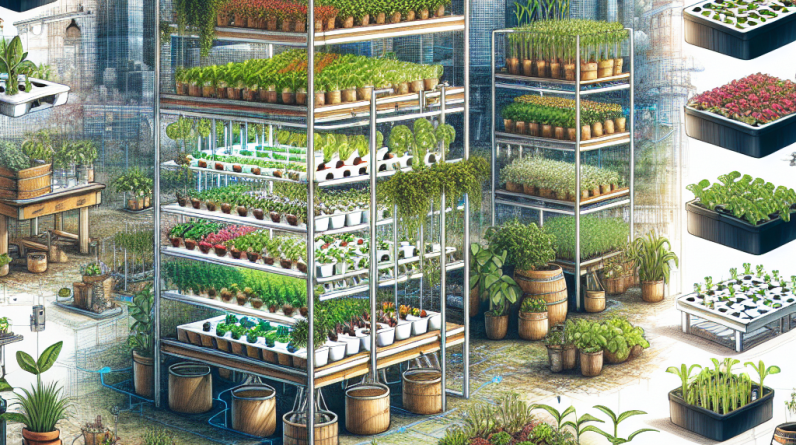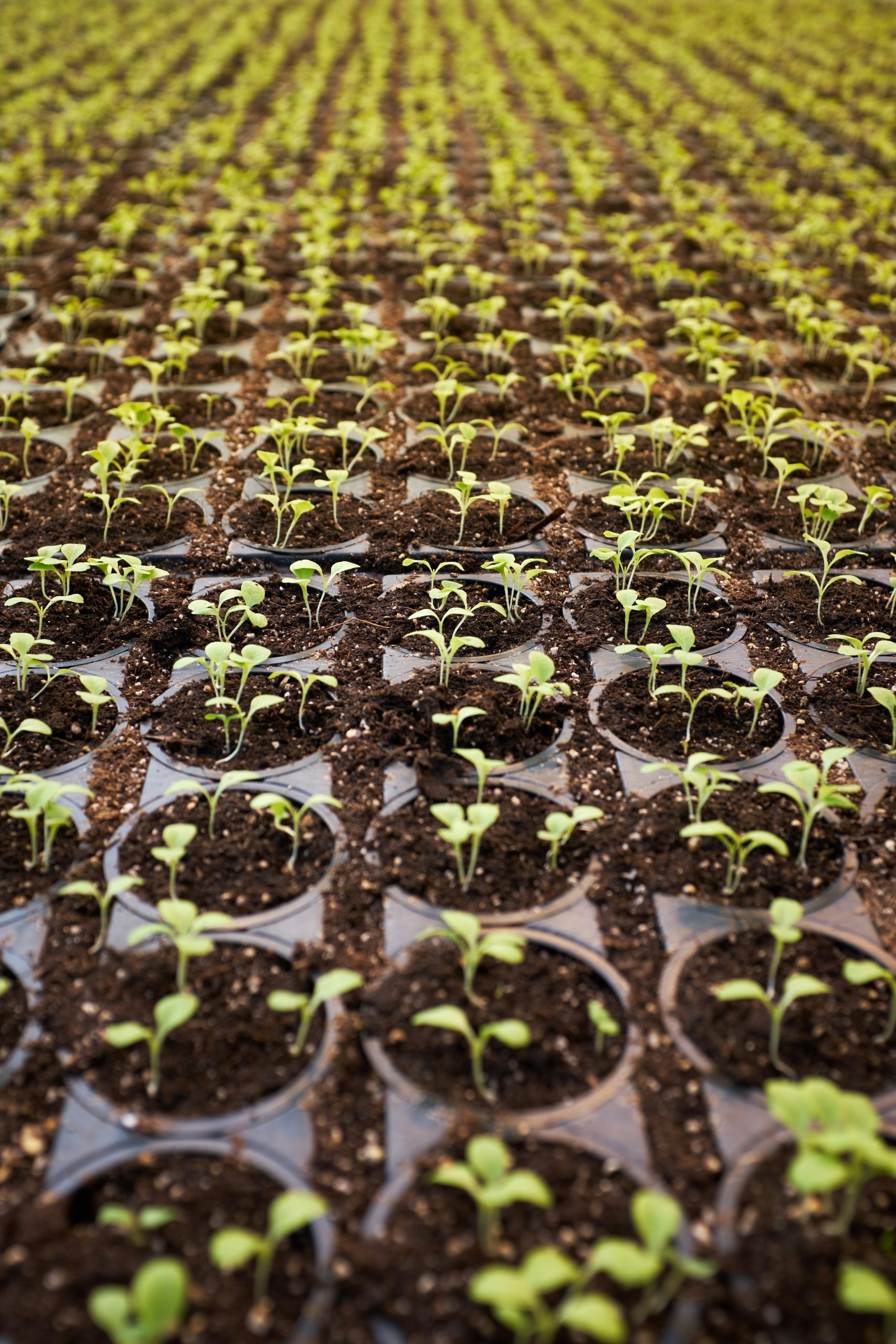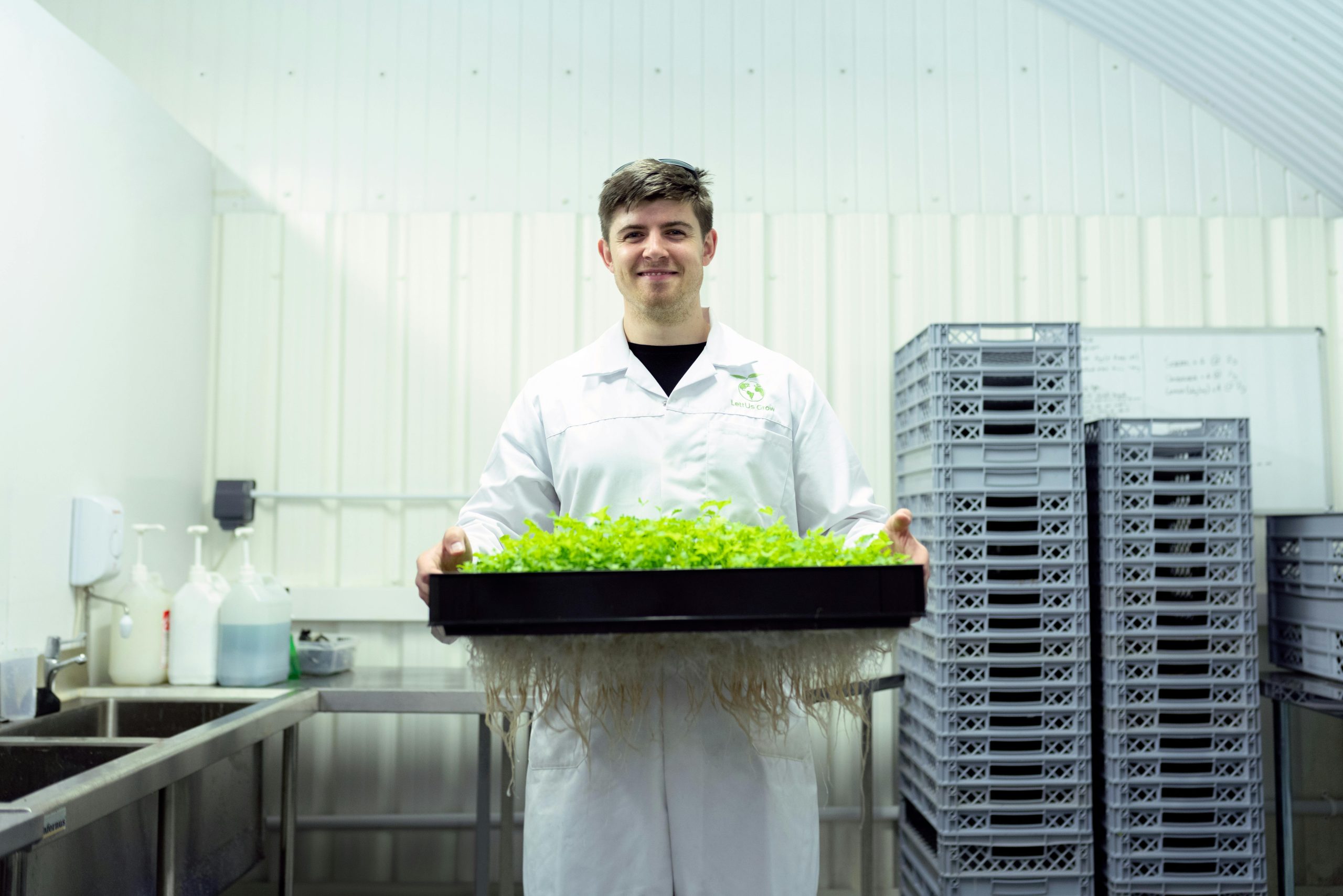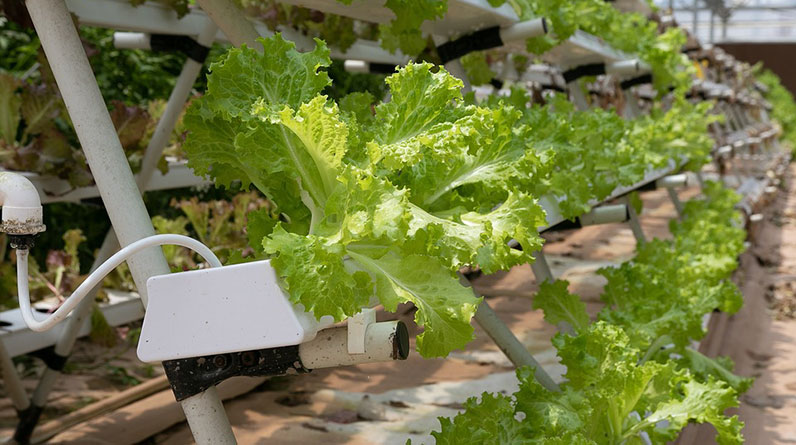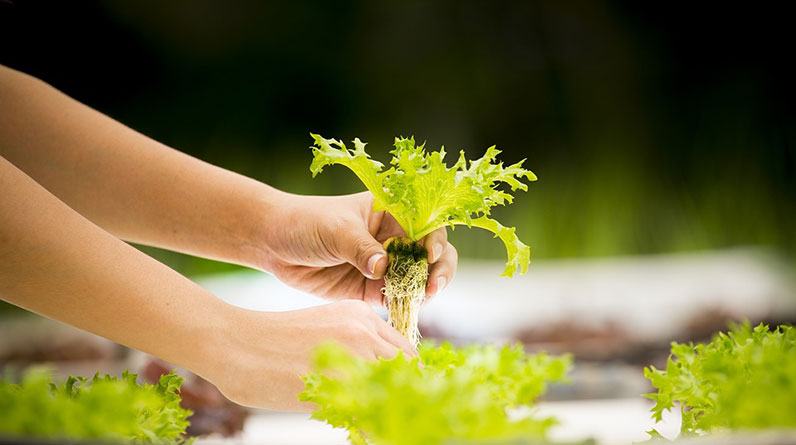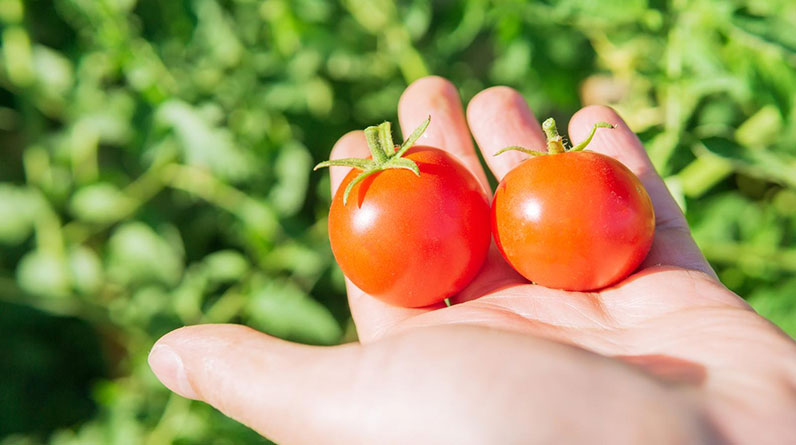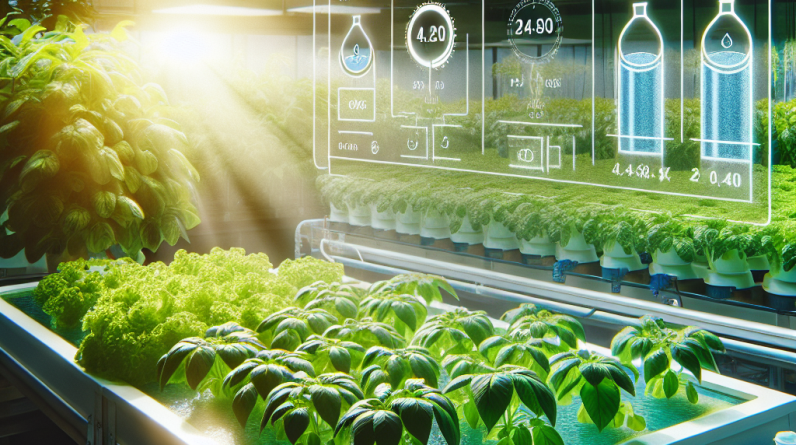
Understanding pH Levels
The Importance of pH Control
When I first started my hydroponics journey, I quickly learned that pH levels were crucial. If you don’t keep an eye on this, your plants can suffer tremendously. The ideal pH level for most hydroponic plants is between 5.5 and 6.5. This range allows for optimal nutrient availability, helping your plants to thrive.
Not only does a balanced pH help your plants absorb nutrients, but it also affects the growth of beneficial microbes in the water. These little guys are essential for healthy plants. If the pH isn’t right, you may see nutrient lockout, where your plants can’t access important minerals. Trust me, it’s not a fun thing to deal with!
So, adjusting your pH levels is a part of my regular routine now. I keep pH test kits handy and check my water weekly. The changes can be really quick, so it’s better to be proactive than reactive. Your plants will thank you!
Nutrient Concentration
<h3:Getting Your Nutrient Ratios Right
Nutrient ratios have been a game-changer for me over the years. Just like we need our guide of nutrients for our diets, so do our hydroponic plants. Each plant might have different needs, so understanding the concentration of nutrients in your water is vital.
When I started, I made the mistake of pouring in nutrients without really understanding the concentrations. As a result, I noticed a lot of yellowing leaves and weak growth. Now, I take the time to research what nutrients my specific plants need. It’s amazing how well they respond when you get their diet just right!
Plus, regular monitoring with EC (Electrical Conductivity) meters helps me avoid over-fertilization. Being overzealous can lead to salt build-ups or even plant burn, which is something nobody wants to see in their garden.
Water Temperature Management
Why Temperature Matters
I can’t stress this enough: water temperature significantly impacts plant growth. Too cold or too warm water can affect how well your plants absorb nutrients. I aim for around 65°F to 75°F (18°C to 24°C). Beyond that, you could start running into problems!
Cold water can really slow down root development and nutrient uptake, while warm water can deplete oxygen levels. And trust me, higher temperatures are like a bad hangover for your plants—definitely not what you want! Thankfully, just adjusting the ambient temperature of my grow area has really helped keep this balance.
During the summer months, I find that I need to take special precautions to keep my water cooler. Ice packs or circulating fans can work wonders, keeping that water where it needs to be when the heat hits!
Managing Water Quality
Filtration and Clarity
When I first started hydroponics, I didn’t realize just how important clean water is! Filtration Systems are essential in removing any potential contaminants or harmful microorganisms. I found setting up a simple water filter saves so much hassle down the line.
You’ll want to keep the water crystal clear because dirty water can lead to the spread of diseases or root rot. Protecting your plants starts with your water source. I remember a few incidents when I ignored this, and let’s just say, my plants weren’t very forgiving!
Besides just filtration, I also check for chlorine levels, as it can be detrimental to plant health. Switching to a water source that’s been filtered and free of contaminants has made a huge positive impact on my garden. It’s a basic step that paves the way for future success!
Regular Maintenance and Monitoring
Keeping Your System in Check
Lastly, let’s get real about maintenance. Regular monitoring of your hydroponic system is crucial. I’ve made it a habit to check my water quality at least once a week. Usually, I perform checks for pH, nutrient levels, and temperature.
It’s all about getting on top of potential issues before they escalate, right? Little things can turn into big problems if not addressed. For instance, if I notice my water getting cloudy, I know it’s time for a clean-up!
Keeping a log of your water quality parameters can also help identify patterns over time. I’ve found it’s so handy when tweaking my growth strategy or troubleshooting unexpected plant behavior!
FAQ
1. Why is pH balance important in hydroponics?
The pH balance is crucial because it directly affects nutrient availability for your plants. If your pH is too high or too low, plants could struggle to absorb essential nutrients, leading to poor growth.
2. What nutrients should I monitor in my hydroponic setup?
Common nutrients to monitor include nitrogen, phosphorus, potassium, calcium, magnesium, and sulfur. Each plant has unique nutrient requirements, so it’s essential to do your research!
3. How can I manage water temperature effectively?
To manage water temperature, ensure your grow area is well-ventilated, use air conditioning if necessary, and consider adding ice packs during extreme heat events to keep the water temperature within the ideal range.
4. What kind of filtration system is best for hydroponics?
A simple carbon filter can work wonders in removing chlorine and other impurities. Additionally, reverse osmosis systems are a great investment for cleaner water in your hydroponic setup.
5. How often should I check water quality?
It’s a good idea to check water quality at least once a week. Regular monitoring lets you catch any potential issues early, ensuring your plants stay healthy and happy!
Related Content
- Organic Hydroponic Gardening – Is It Possible?
- 10 Effective Best Hydroponic Setup Tips for 2025: Ultimate Guide
- Eliminating Soil-Borne Diseases in Hydroponic Vegetable Gardening
- The Importance of Crop Rotation in Hydroponic Systems
- The Ultimate Guide to the 10 Best Hydroponic Greenhouse Strategies for 2025


